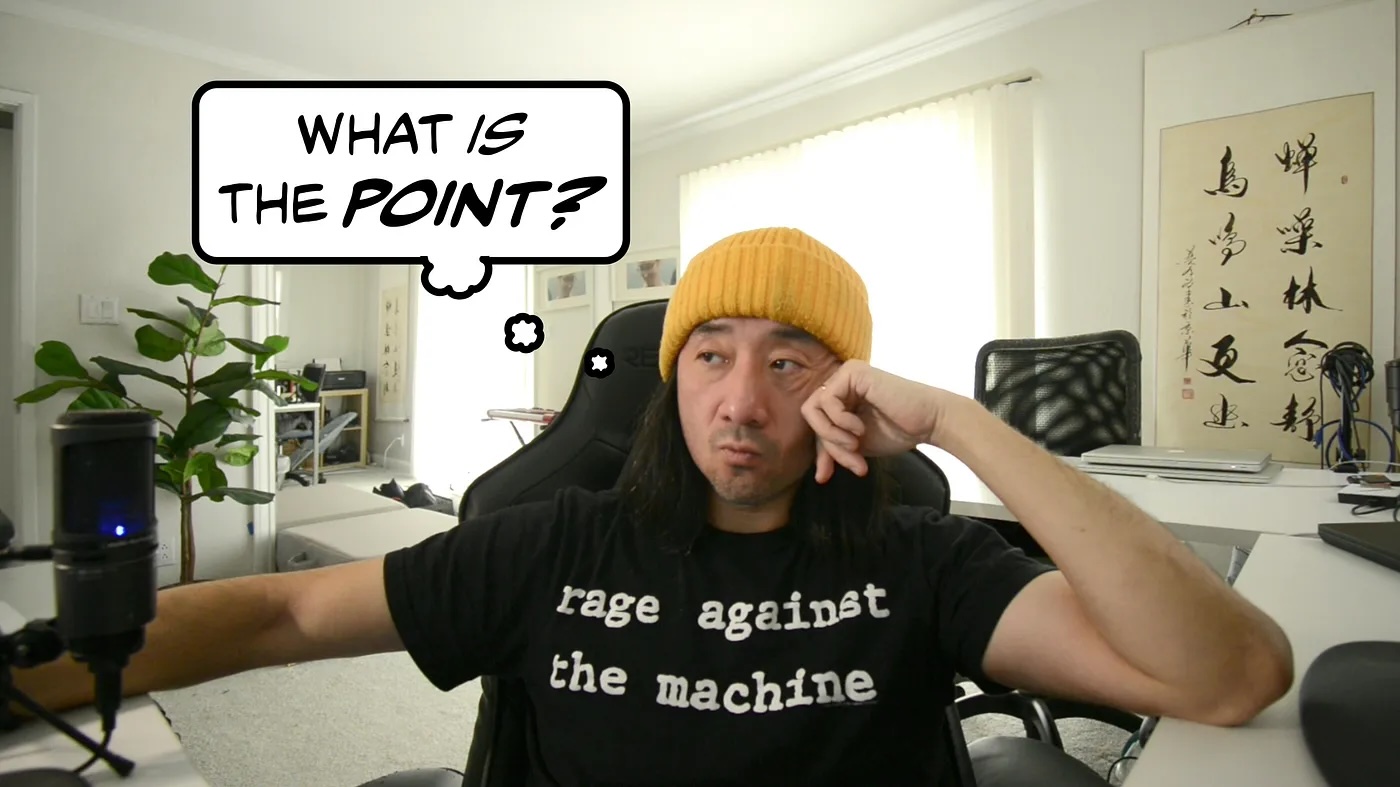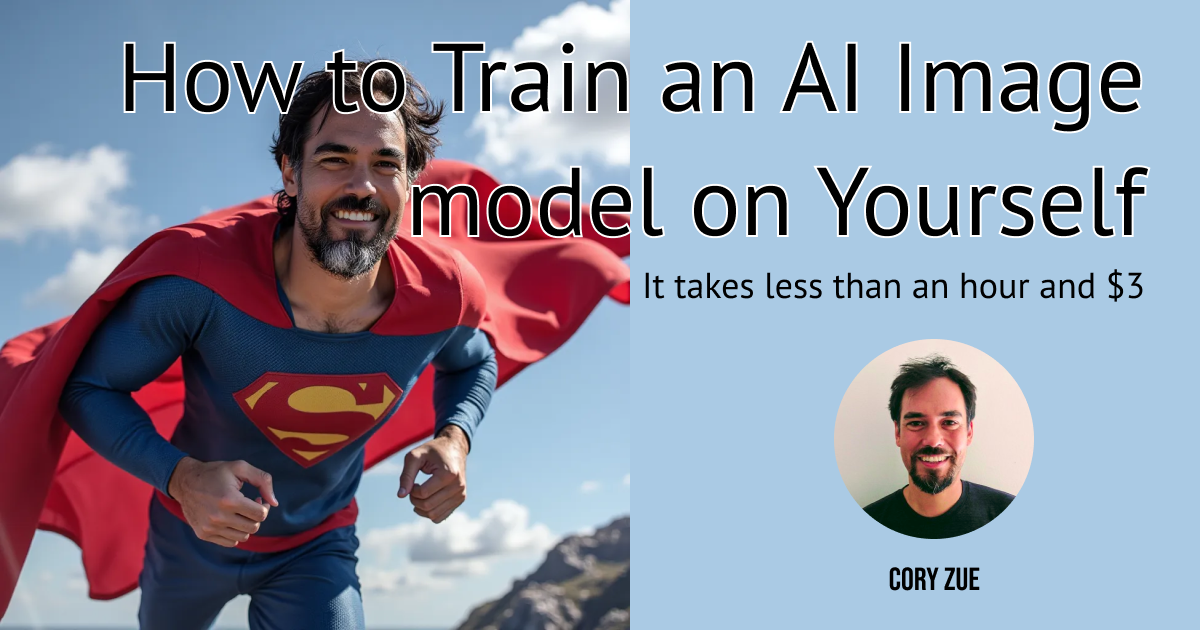AI Music Generation: Convenience vs. Creativity

The success of AI music company Suno sparks a reflection on the role of AI in artistic creation. The author, a Stanford professor, questions Suno's claim that AI can easily solve the tedious parts of music creation, arguing that the challenges and difficulties inherent in the creative process constitute the meaning and value of art. Using his own experiences and teaching practices as examples, he illustrates the importance of the creative process and calls for the preservation of human active creation in the age of AI, avoiding a purely consumerist culture.




